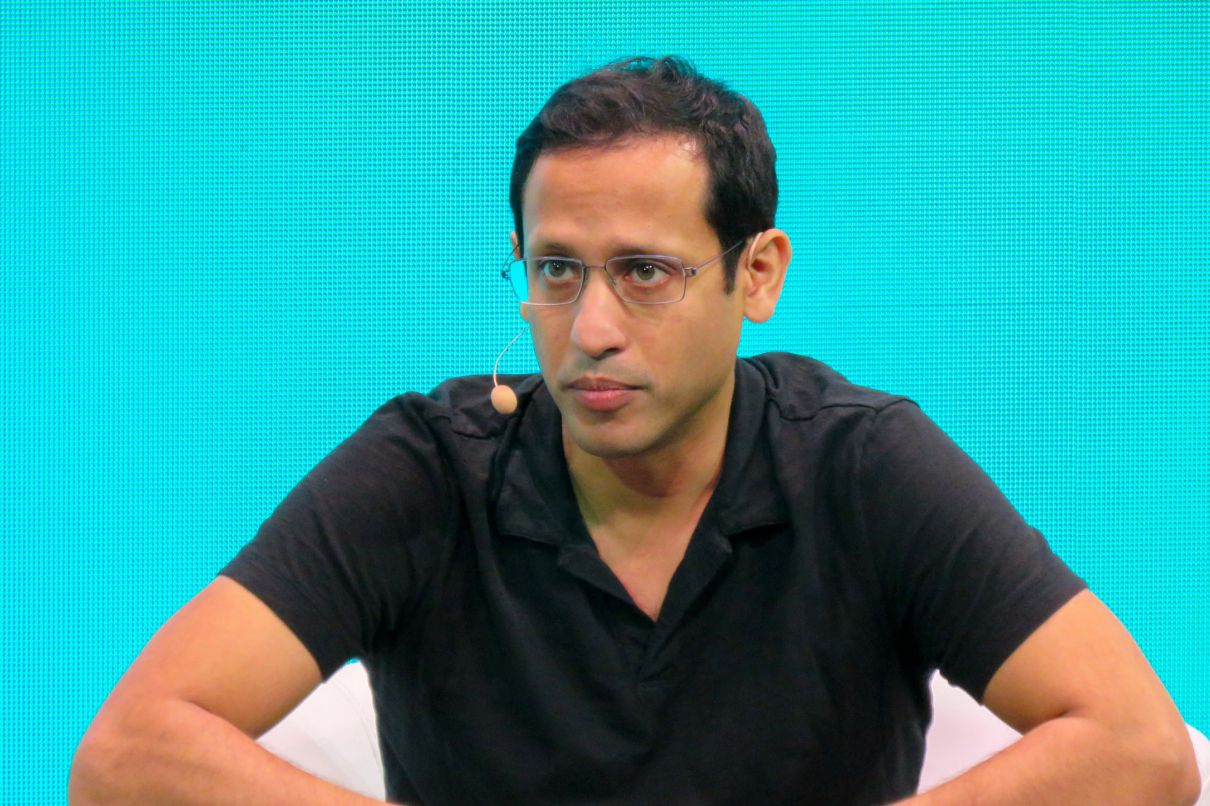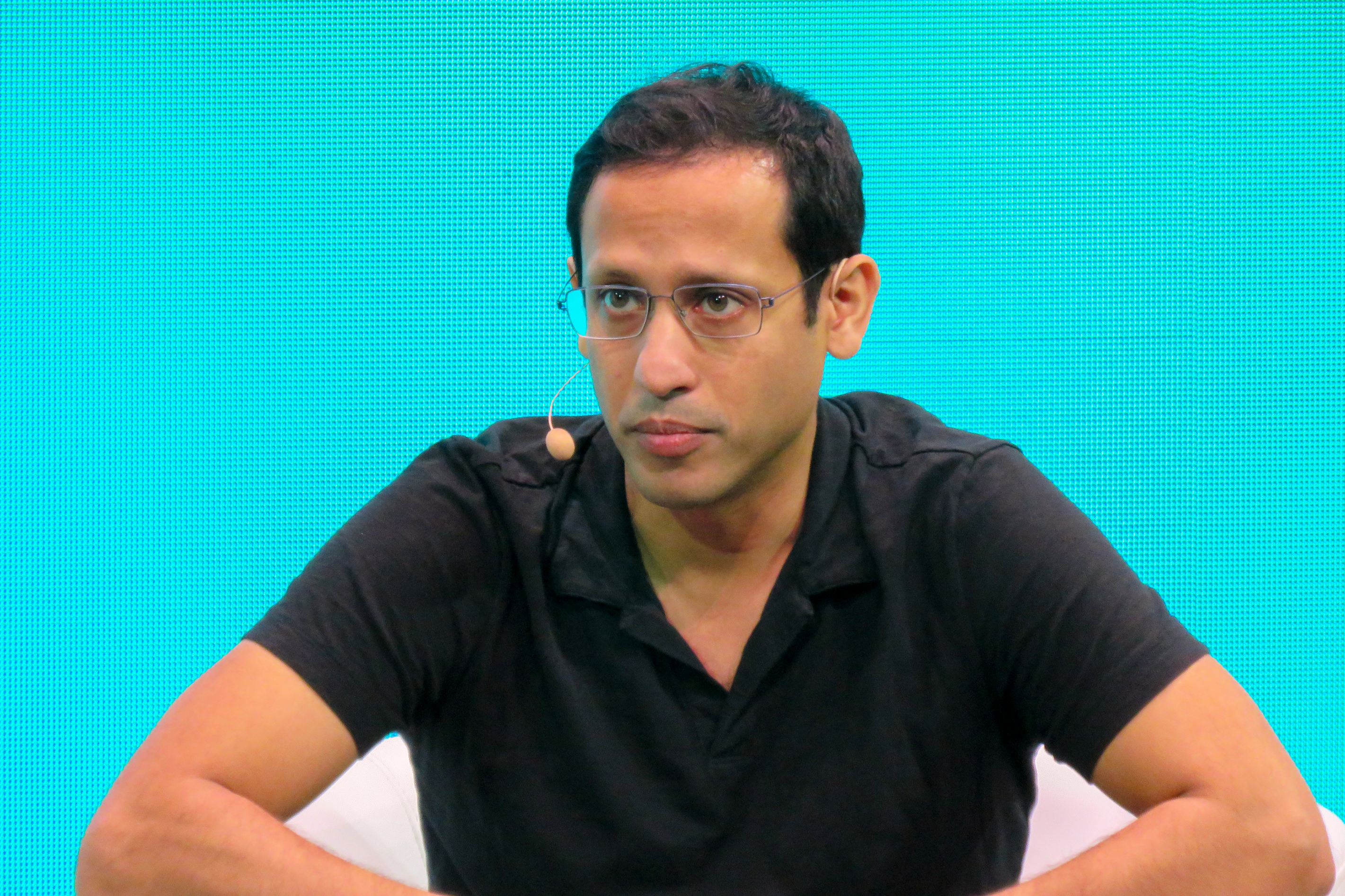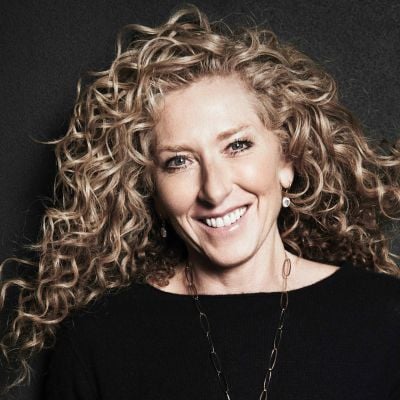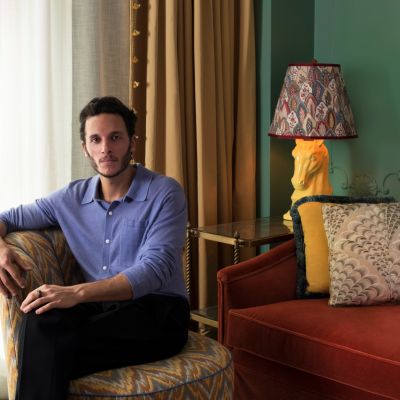The New Medicis

A group of visionary entrepreneurs are intent on bringing knowledge and financial services into the palm of everyone’s hand.

We live in a world often described as resembling a ‘new Middle Ages,’ beset by crises of authority and competition for legitimacy among governments, companies, NGOs, philanthropists, missionaries and guerillas. We’ve been here before. Fortunately, looking back 800 years, we can credit Florence’s Medici family for sponsoring Michelangelo and Leonardo da Vinci, and presiding over commercial empires innovating accounting and maritime navigation that led us from the first Middle Ages into the Renaissance.
If today’s technological revolutions and ethical awakenings are to usher in a new Renaissance, it will be in large part thanks to the risk-taking breakthroughs of today’s Medicis, the visionary entrepreneurs bringing knowledge and financial services into the palm of everyone’s hand. Remember that the world’s private wealth, estimated at nearly US$70 trillion, represents the largest pool of capital in the world, greater than the capital invested by the world’s pensions, asset managers, or sovereign wealth funds. Whether Bill Gates or Sergey Brin, Elon Musk or Mark Zuckerberg, industrial and technological titans are deploying billions of dollars of their amassed wealth — both through their companies and their charities — to address each global challenge today, whether climate change, disease, pollution, human trafficking, or others.
Importantly, today’s new Medicis hail from all corners of the world and see their missions as borderless. Witness the pace at which Salman Khan’s eponymous academy has reached students in the poorest villages and Vitalik Buterin’s Ethereum is becoming a global medium for secure peer-to-peer transactions.
Their innovations have transformed the largest nations while inspiring immediate replication in up-and-coming markets. China’s three great tech founders — Robin Li of Baidu, Tencent’s Ma Huateng, and Alibaba’s Jack Ma —have not only revolutionised China’s digital economy, but also set the stage for Didi Chuxing co-founders Willy Cheng and Jean Liu to pioneer China’s driverless society. China’s tech aristocracy has given back in spades, with each executive also sponsoring wide-ranging education foundations. In Indonesia, Nadiem Makarim has adopted China’s super-app model into Go-Jek, which has rapidly come to employ millions of drivers, drafting them into the formal economy while generating data that helps Jakarta’s government reduce congestion and improve utilities. Next stop for Go-Jek: Vietnam.
India too is passing the baton from tech giants such as Infosys founder Nandan Nilekani, who also developed both the universal identification system Aadhar followed by the India Stack, and 22-year old Ritesh Agarwal, whose OYO Rooms often has more rooms booked in Indian cities than Airbnb and is expanding into China. Brothers Shravan and Sanjay Kumaran launched GoDimensions, their wildly popular education and gaming apps, at the ages of 14 and 12.
It may come as a surprise that Europe’s most promising tech entrepreneurs have also come out of the gates very young and, more importantly, have done so with game-changing breakthroughs. Demis Hassabis’s DeepMind has crossed a rubicon with its AI software capable of defeating the grandmaster of the ancient Chinese game Go. Still in her 20s, Victoria van Lennep’s Lendable evaluates credit and disburses loans within an hour, already disbursing US$200 million in funds. And Erik Gatenholm’s Cellink provides cartridges and organic inks for the 3D printing of human organs. One can only begin to imagine how profoundly these innovations could reshape human society for the better.
The more we make an honest accounting of how such visionaries have already uplifted millions, while also showing the way to scale their achievements to billions, the more confident we can be that a new global Renaissance is coming.
Dr Parag Khanna is founder and managing partner of FutureMap, a data- and scenario-based strategic advisory firm. He is the international bestselling author of six books, including Connectography and the just released The Future is Asian: Commerce, Conflict, and Culture in the 21st Century.
This article originally appeared in Billionaire's Visionaries Issue, March 2019. To subscribe contact









